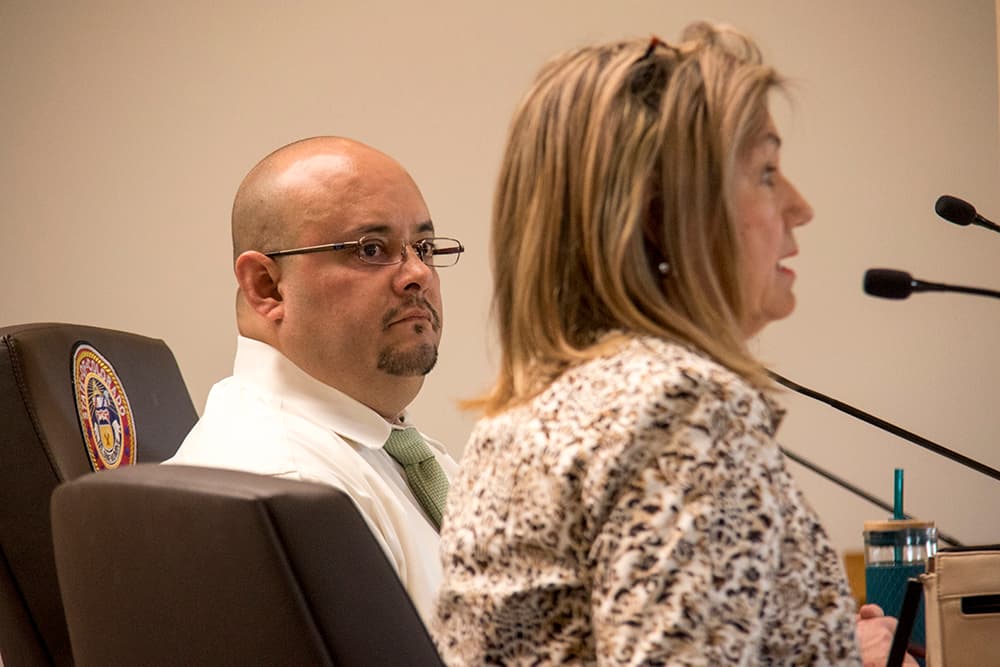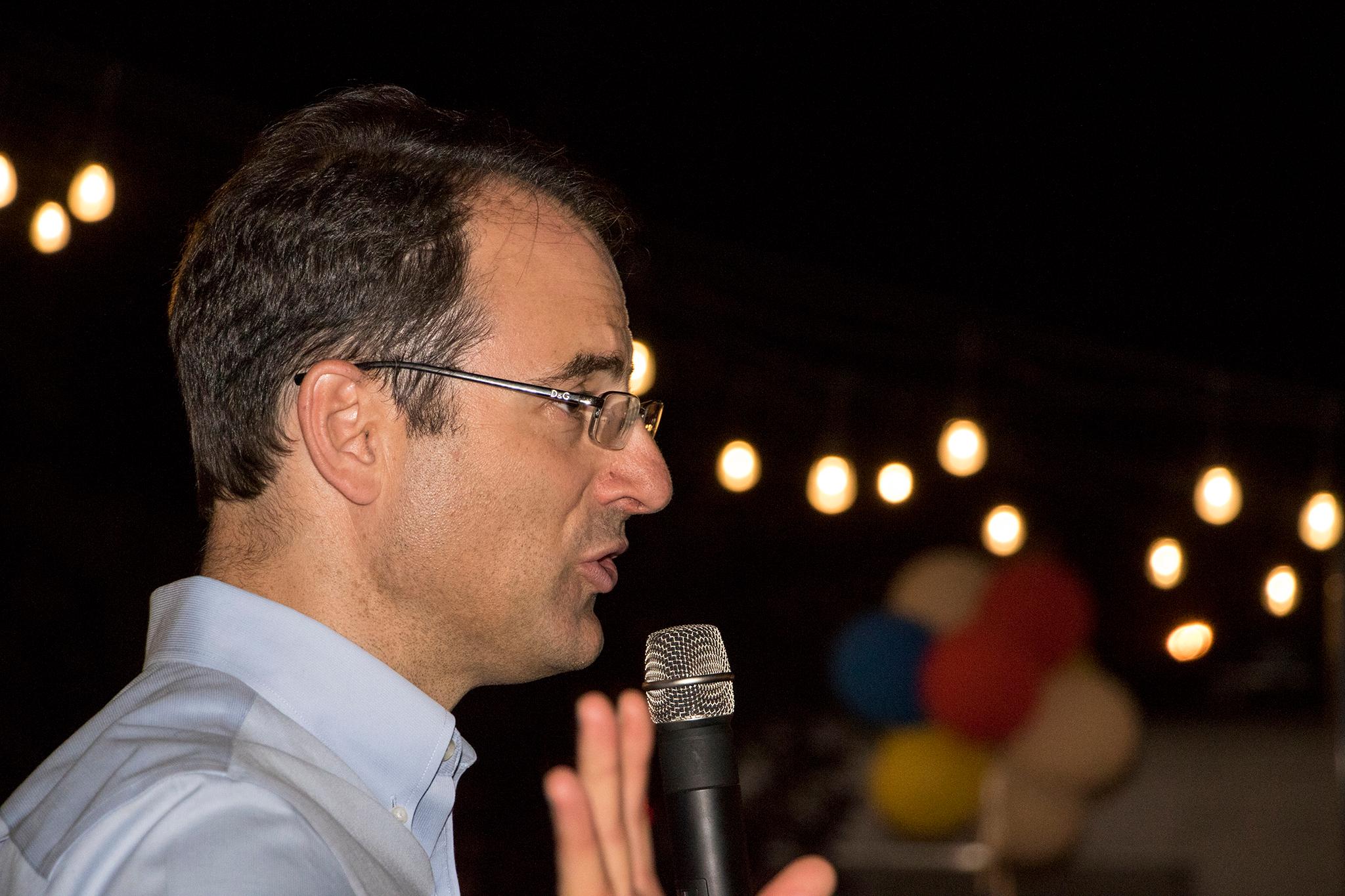Update, Monday, July 2: Weiser declared victory on Saturday, June 30, with Salazar conceding the same day. The final tally had Weiser beating Salazar 50.43 percent to 49.57.
It’s now been three days since the primary election ended in Colorado, but no winner has been declared in the Democratic primary for attorney general.
State figures show Phil Weiser is currently beating state Rep. Joe Salazar, but Weiser's campaign hasn’t declared victory and Salazar hasn’t conceded as of Friday afternoon — despite there seemingly being no way for Salazar to catch up. Figures from the Secretary of State’s office show Weiser with a 5,131-vote lead over Salazar, 50.43 percent to 49.57 percent.
The state's figures show 590,895 ballots were cast in this AG primary. Secretary of State spokeswoman Lynn Bartels said Friday there could be as many as 2,500 ballots left to be counted.
Overall, the Secretary of State's office said in a release Friday that 1,176,523 Coloradans had returned ballots for the primary election.
The attorney general's race was extremely tight: Results show they ended up tying in two counties in Colorado, including Gilpin (436-436) and Washington (69-69).
Weiser campaign manager Colin Hornsby said in a statement Friday that they're expecting final numbers by next week and have started shifting their focus on the Republican candidate, Arapahoe County District Attorney George Brauchler (who ran unopposed).
"We are strongly encouraged by the considerably larger number of ballots cast for the Democratic AG race over the Republican AG race," Weiser campaign manager Colin Hornsby said in a statement Friday. "While the final vote tally will be announced on July 5th, we are aware that there are fewer outstanding Democratic ballots than our current lead."

Salazar’s campaign said Friday they were still waiting on ballots to be counted. Salazar campaign manager Morgan Watters issued a release on Thursday that said Salazar was feeling optimistic about results.
“In Colorado, our vote is our voice, and every Coloradan deserves to have their voice heard in this election,” the statement said. “I'd like to thank Phil Weiser for also giving the time for every vote to be counted. As a fellow candidate for Attorney General, he shares my belief that every vote matters, and I look forward to discussing the results of this election with him when they are final."
Salazar’s campaign said on Thursday ballots in Douglas, Boulder and Montrose Counties still needed to be counted.
Bartels said ballots still uncounted include overseas and military ballots being processed and so-called “cure” ballots where signatures didn’t match.
“You’re not going to see a seismic shift in ballot results,” she said.
Montrose County had many uncounted ballots, though that process wrapped up later on Thursday. (Salazar won that county.)
A recount is technically possible, as long as it reaches a certain threshold.
There is a kind of complicated way a recount would be triggered. Here's what the law says:
"The difference between the number of votes cast for the candidate with the highest vote count and the candidate with the next highest vote count must be less than or equal to one half of one percent of the number of votes cast for the candidate with the highest vote count."
Bartels said the last statewide recount was triggered in 2000 for a state board of education seat. It involved a candidate you may be familiar with named Jared Polis, who won by just 90 votes in a race where 1.6 million votes were cast.
There was another recount in a Congressional race in 2002. The court-ordered recount was triggered during the election between Republican Bob Beauprez and Democrat Mike Feeley for the newly-formed 7th Congressional District. Beauprez won by only 122 votes.












